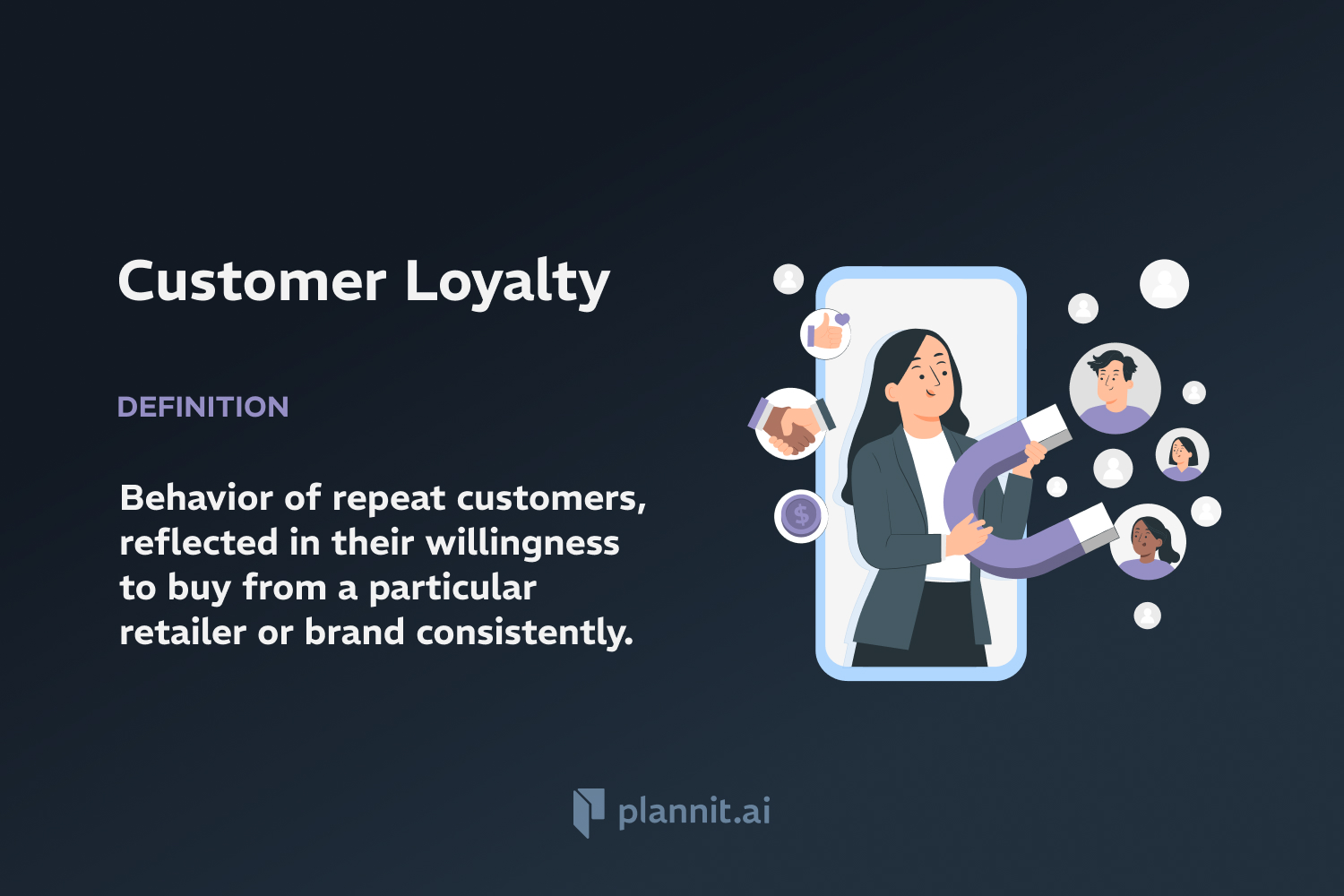Need Help With Your Business Plan?
Answer tailored questions and get a detailed business plan in minutes.
General Partner: Definition & In-Depth Explanation
Definition:
General Partner is a type of partner in a partnership who has unlimited personal liability for the debts and obligations of the partnership. This partner is actively involved in the management of the partnership and has the authority to make decisions affecting the operation of the business.
Context of Use:
General partners are typically found in general partnerships and limited partnerships. In the latter, general partners manage the business while limited partners contribute capital but do not have a role in day-to-day management and enjoy limited liability.
Purpose:
The role of a general partner is to manage the daily operations and make business decisions that guide the direction of the partnership. This position entails a higher degree of risk but also provides control over business activities.
Example:
Law Firms: Many law firms operate as partnerships, where the general partners not only practice law but also make key business decisions regarding the firm’s management, such as hiring, financial management, and marketing.
Real Estate Investment Partnerships: In these partnerships, general partners handle property management, tenant acquisition, and the overall strategy for property portfolios.
Related Terms:
Limited Partner: A partner whose liability is limited to the amount of their investment and who typically does not participate in the day-to-day management of the business.
Limited Liability Partnership (LLP): A partnership in which some or all partners have limited liabilities, protecting each partner from debts against the partnership arising from professional malpractice lawsuits.
Partnership Agreement: A contract among business partners that sets out the terms and conditions of the relationship, including the responsibilities, profit sharing, and dispute resolution procedures.
FAQs:
1. What are the liabilities of a general partner?
A: General partners have unlimited liability, meaning their personal assets can be used to settle the partnership’s debts and obligations.
2. How is a general partner different from a limited partner?
A: Unlike limited partners, general partners have management authority and bear unlimited liability for the partnership's obligations. Limited partners typically do not participate in management and are only liable up to the amount of their investment.
3. Can a general partner withdraw from a partnership?
A: Yes, a general partner can withdraw from a partnership, but this may require fulfilling certain conditions set forth in the partnership agreement, and it might trigger dissolution of the partnership unless otherwise agreed.
4. What are the tax implications for a general partner?
A: General partners are taxed on their share of the partnership’s income, which is reported on their personal tax returns. This is part of the pass-through taxation feature of partnerships.
5. How are disputes among general partners typically resolved?
A: Disputes among general partners are typically resolved according to the terms of the partnership agreement, which may include mediation, arbitration, or legal action, depending on the nature of the dispute.
Get funding with a business plan that will impress investors.
Starting a New Business?



